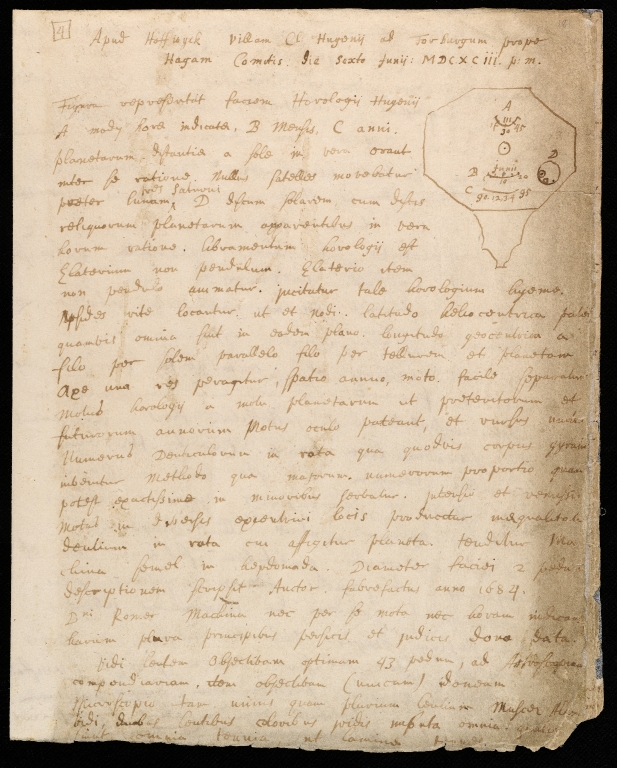University of Edinburgh (Scottish University)
Biography
The University of Edinburgh was established by Royal Charter in 1582. It was originally called Tounis College, when part of a legacy left by Robert Reid, Bishop of Orkney in 1558 had established a college of which the Town Council had gained control to establish a College of Law on the South side of Edinburgh. The inception of the University took place in 1583. In 1617 when King James VI of Scotland (I of England) visited the College it was decreed that the College should change its name to King James' College, although the College continued to use the older title. The first change in the corporate body of the University was not until 1935 when the first merger took place. This was between the Faculty of Divinity of the University of Edinburgh and New College. This was due to the re-union of the Church of Scotland in 1932.The next merger was in 1951 when the Royal (Dick) Veterinary School was reconstituted as part of the University of Edinburgh. The Royal (Dick) Veterinary School achieved full faculty status in 1964. In 1998 Moray House Institute of Education became the Faculty of Education.
The first classes of the university were held in Hamilton House known as the Duke's Lodge. In 1582 a site that included St Mary in the Fields was acquired. Many new buildings and extensions were made to the site of Hamilton House after 1616. Two prominent stages of building for the University were those undertaken by Robert Adam and William Playfair. In 1869 the site next to the Edinburgh Royal Infirmary was acquired. Building on this project was completed by the end of the 19th century. The University today is situated around these areas in the centre of Edinburgh and Kings Buildings and there are also campuses at Holyrood and elsewhere.
Teaching began in 1583 under Robert Rollock, with a four year course in arts to gain a masters of arts. When Rollock was appointed as the first principal of the University, there were four Philosophy regents and one regent of Humanity, whilst Rollock specialized in Divinity. Until the beginning of the 18th century the University remained essentially an Arts College, with a Divinity School attached. Throughout the 17th century the Chairs of Divinity, Oriental Languages, Ecclesiastical History and Mathematics had been created. By the end of the 17th century there was also regular teaching in Medicine, and sporadic teaching in Law. The University was at the centre of European Enlightenment in the 18th century. By 1722 a Faculty of Law had been established. The first medical Chair had been established in 1685 and was closely followed in the first half of the 18th century by six more. Four more medical Chairs were created in the 19th century. New Chairs in other Faculties were not established after 1760 until the latter half of the 19th century when they followed in rapid succession, continuing in the 20th century, which include those produced by the mergers with New College, the Royal (Dick) Veterinary School and Moray House Institute of Education.
The University was governed by the town council until the Universities (Scotland) Act of 1858, when it received self governing status. The archaic teaching and management system of regents was abolished in 1708. The 1858 act dramatically changed the constitution of the University. A University Court and General Council were introduced which decided on matters and management pertaining to the whole University. The Senatus Academicus was already in place before 1858and this managed academic matters, but answered to the Court and Council. This system is still used.
The University of Edinburgh provides validation for a Master of Fine Arts that has run jointly with Edinburgh College of Art since 1943. A joint chair, the Hood Chair of Mining Engineering was established in 1923 with Heriot-Watt College which became Heriot-Watt University.
In 2002, the structure of the university was altered substantially, with the abolition of Faculties and the creation of the College of Humanities & Social Science, the College of Medicine & Veterinary Medicine and the College of Science & Engineering. Departments were replaced by Schools within each Faculty.
Found in 136 Collections and/or Records:
Outlines of Mechanical Philosophy (notes taken at lectures given by John Robison)
Heavily annotated Outlines of Mechanical Philosophy with inserts, bearing extensive manual revisions from as late as 1803.
Papers and slides of Rev. George Hastie, Edinburgh University former student
Papers Illustrative of the History and Constitution of the University of Edinburgh
Papers of Conrad Hal Waddington

Papers of David Gregory
Papers of Dr. Asta Winifred Russell Moller
Papers of Dr. E. W. M. Balfour-Melville
Papers of Dr. John Walker
[to be completed]

